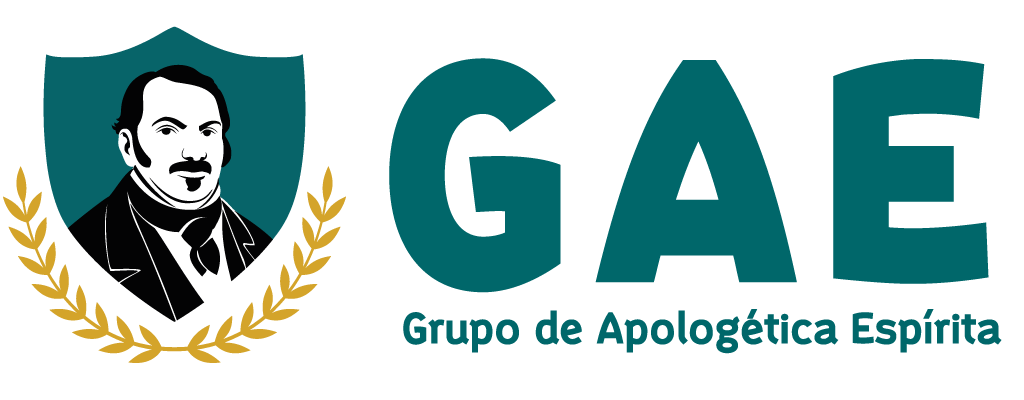|
Getting your Trinity Audio player ready...
|
Resumo: O texto discute o egoísmo como o pior dos males, citando “O Livro dos Espíritos” de Allan Kardec. Ele analisa o progresso institucional desde o século XIV, contrastando-o com a estagnação na educação moral, argumentando que a educação, bem entendida, é crucial para superar o egoísmo. A interpretação de versículos bíblicos sobre inclusão versus exclusão é examinada para ilustrar como diferentes interpretações podem fomentar ou mitigar o egoísmo. Finalmente, o texto destaca a necessidade de uma educação voltada à formação de “Homens de Bem” para o progresso moral.
Palavras-chave: egoísmo, “O Livro dos Espíritos”, progresso institucional, educação moral, Homens de Bem.
Abstract: The text discusses selfishness as the worst of evils, citing Allan Kardec’s “The Spirits’ Book”. It analyzes institutional progress since the 14th century, contrasting it with the stagnation in moral education, arguing that education, properly understood, is crucial to overcoming selfishness. The interpretation of biblical verses on inclusion versus exclusion is examined to illustrate how different interpretations can foster or mitigate selfishness. Finally, the text highlights the need for an education aimed at forming “Good Men” for moral progress.
Keywords: selfishness, “The Spirits’ Book”, institutional progress, moral education, Good Men.

